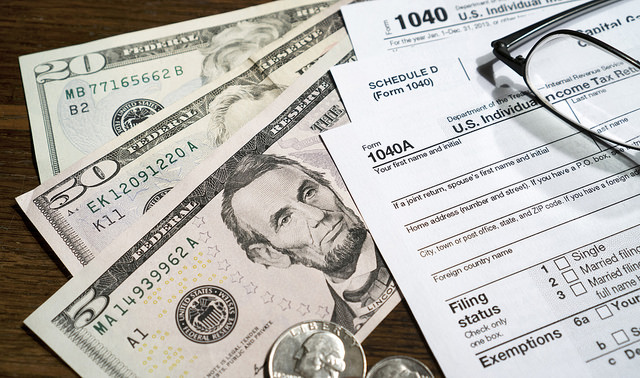I prepare quite a few returns for the self-employed. And one thing I see quite often is the impact of not doing estimated tax payments. For example, this was the case with a new client, who got the rude shock that she owes over $20,000 to the IRS!
Unfortunately, taxes are fairly complicated for those who are self-employed. The main reason is that you must essentially take on the same kinds of responsibilities as an employer.
OK then, so what are some of the actions you can take to make avoid mistakes? Well, let’s take a look:

#1 – Report All Your Income
Make sure you have all your 1099-MISCs, which report income that your customers pay you. The IRS gets copies too. In other words, if you fail to report the income on your tax return, you’ll definitely get a notice from the agency.
Yet a 1099-MISC only needs to be issued for amounts of $600 and more.
And yes, this naturally raises the question (which I get quite often): Do you need to report the money that is below this?
Absolutely. The IRS wants to know everything.
Granted, it may be temping to not report the income anyway. But if you do get audited, the IRS will comb through your bank statements and ask you about the sources of your income. No doubt, this could make for a very bad experience with the agency – in terms of not only having to ultimately pay back taxes but also interest and penalties.
#2 – Back Up Your Deductions
First of all, make sure your deductions have a clear-cut business purpose — and then see if there are any special rules. This is especially the case for expenses that may be mostly personal, such as meals, entertainment and travel.
Next, it is critical that you have documentation to back-up your deductions. Of course, this means getting a receipt and keeping your bank statements.
Yet for certain types of deductions, you may need to do some more recordkeeping. One example is mileage, which has strict requirements. This is why it is a pretty good idea to get an app, which will not only streamline the tedious process but provide a solid defense if you become the target of an IRS audit.
#3 – Don’t Delay
Since many self-employed people do not receive a refund, they usually wait until the last minute to prepare a return. But this can be big mistake. When rushing, it’s certainly easy to make mistakes – or to miss out on some juicy deductions or credits.
Something else: It’s important to have software to keep track of your finances. The good news is that there are plenty of options available, at affordable prices – such as from Intuit and Xero.
#4 – Estimated Tax Payments
As mentioned above, this can be extremely important for the self-employed. So long as you owe $1,000 or more in taxes (and also had to pay taxes in the prior year), the IRS requires that you make tax payments on a quarterly basis. If not, you will be assessed a penalty.
What’s more, the amount for each tax payment includes not just your federal income tax but also Social Security and Medicare. Oh, and there’s a good chance your state will also have a requirement.
Finally, to make the payment, you can file a Form 1040-ES. Although, the easiest approach is to use the IRS’s Electronic Federal Tax Payment System.
Find a Home-Based Business to Start-Up >>> Hundreds of Business Listings.
















































